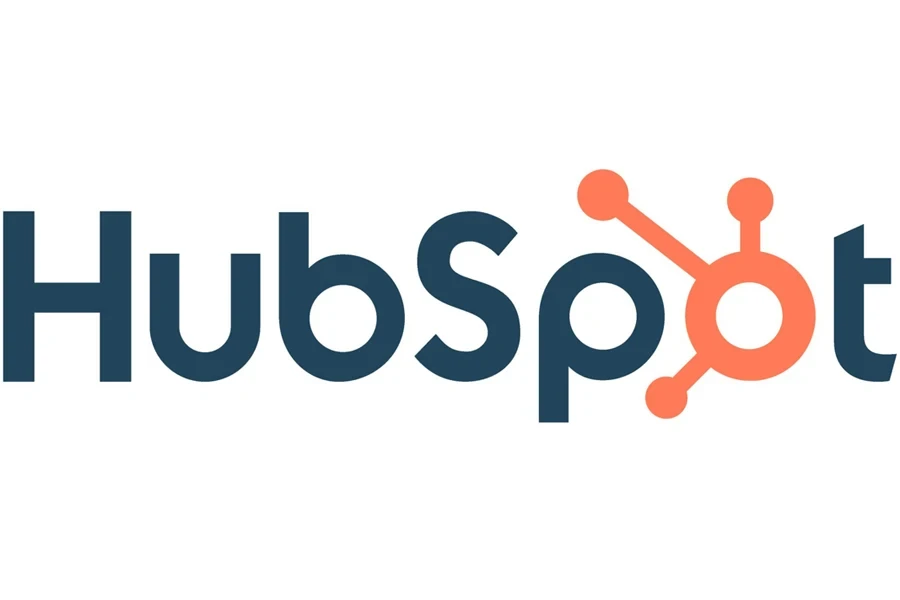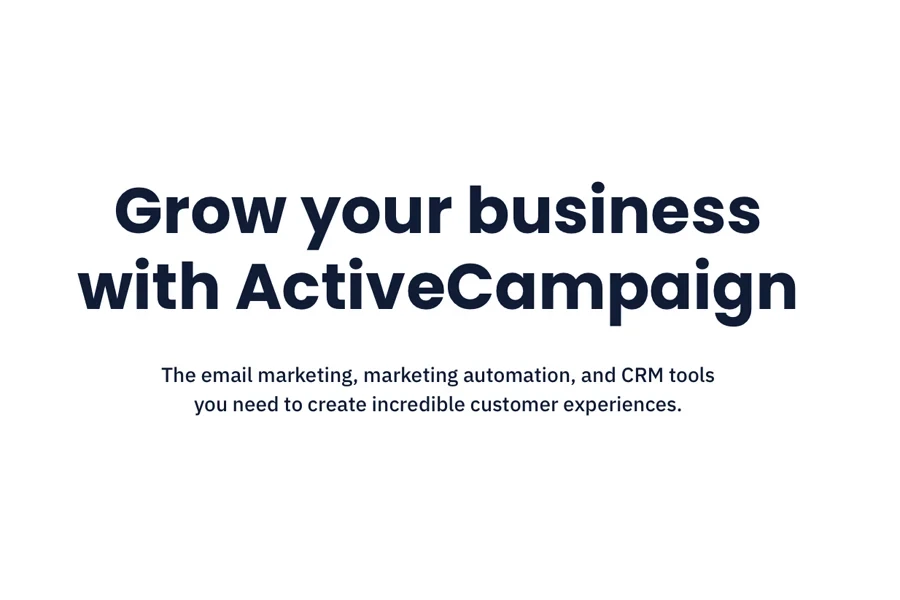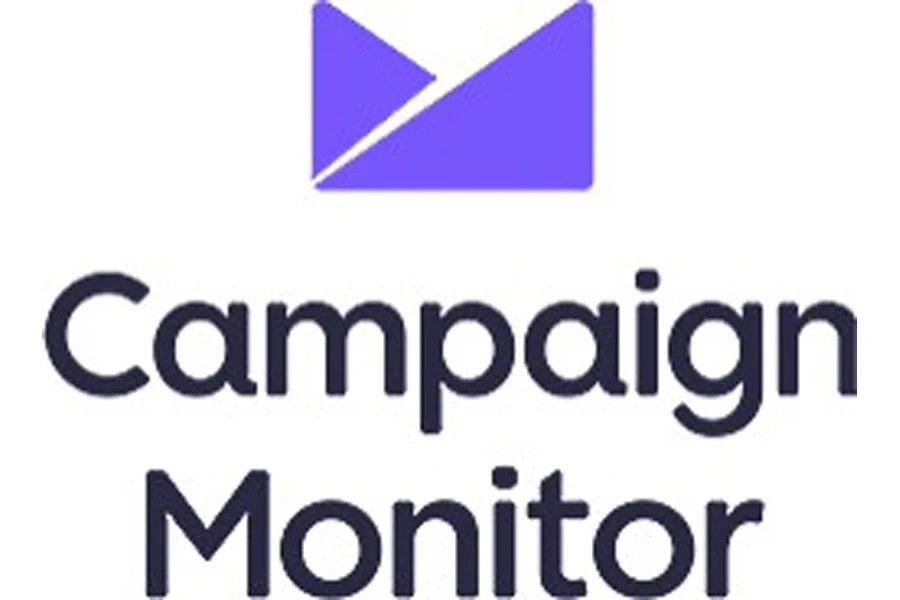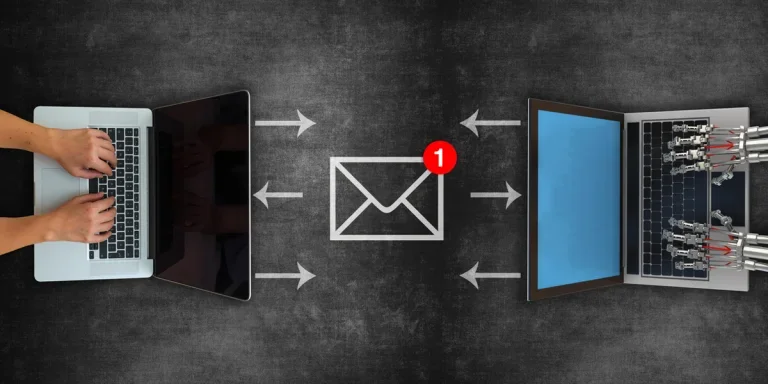Since the launch of email, email marketing has been a direct and cost-effective way for businesses to communicate with their audience. Now, thanks to AI integration, advanced algorithms and machine learning techniques are further optimizing email marketing campaigns and making them even more effective.
While we already know AI can help with email automation, it can now do so much more, including analyzing data sets to make predictions and providing recommendations to boost personalization and segmentation in email marketing campaigns.
Read on to dive deeper into how AI can improve email marketing for your business.
Table of Contents
Understanding the impact of AI on email marketing
Integrating AI into email marketing strategies
AI tools for email marketing
How to choose the best email marketing software for you
Top email marketing software
Understanding the impact of AI on email marketing
Artificial intelligence has revolutionized how businesses approach email marketing by providing powerful tools and insights to enhance effectiveness and efficiency.
Here are some key ways AI impacts email marketing:
- Personalization: AI enables businesses to create highly personalized email content tailored to individual preferences, behaviors, and demographics. By analyzing vast amounts of data, AI algorithms can segment audiences effectively and deliver targeted messages that resonate with recipients, leading to higher engagement and conversion rates.
- Predictive analytics: AI-powered predictive analytics can anticipate customer behavior and preferences, allowing businesses to send emails at the best time for maximum impact. By leveraging predictive algorithms, marketers can determine the best timing, frequency, and content for their email campaigns, improving open and click-through rates.
- Automation: AI-driven automation streamlines the email marketing process by automating repetitive tasks such as segmentation, scheduling, and A/B testing. Automation saves time and resources and ensures consistency and accuracy in campaign execution, ultimately driving better results.
- Content optimization: AI tools can analyze the performance of email content in real time and provide insights for optimizing subject lines, CTAs, and email copy. By leveraging AI-generated recommendations, marketers can continuously refine their email content to resonate with their audience and drive engagement.
Integrating AI into email marketing strategies
Now that we understand the impact of AI on email marketing, let’s explore how your business can integrate AI into their email marketing strategies effectively:
1. Personalized content creation
Leverage AI-driven personalization tools to create dynamic and relevant email content for each recipient. For example, SmartWriter or Rasa.io can automate the research and copywriting process to send personalized me.
Use behavioral data to customize subject lines, product recommendations, and promotional offers, ensuring that each email resonates with the recipient on a personal level.
To create catchy and compelling subject lines, consider tools such as Phrasee, SubjectLine, and CoSchedule Headline Analyzer, which utilize natural language processing and machine learning.
Additionally, subject line optimization tools like AWeber can analyze performance data and suggest subject lines that are personalized to your audience and increase open rates.
2. Predictive email scheduling
Implement predictive analytics to determine the optimal time to send emails based on recipient behavior and engagement patterns. By sending emails when recipients are most likely receptive, you can maximize open and click-through rates, ultimately driving higher conversions.
3. Automation workflows
Set up automated email workflows powered by AI to deliver personalized, timely messages throughout the customer journey. From welcome emails to abandoned cart reminders, automation workflows ensure no opportunity is missed to engage with customers and drive them toward conversion.
AI tools for email marketing
Many AI tools can be used for email marketing – we’ve already mentioned a few above – but it’s important to note that these tools differ from email marketing software.
The difference between AI tools for email marketing and email marketing software
The difference lies in their respective functionalities and purposes within the broader context of email marketing strategies. For example, AI tools for email marketing are specialized solutions that harness artificial intelligence technologies to optimize specific aspects of email campaigns, such as personalization and predictive analytics.
On the other hand, email marketing software encompasses comprehensive platforms or solutions that offer a wide range of features and functionalities to support the end-to-end management of email marketing campaigns. While some email marketing software may incorporate AI-driven capabilities, they serve different purposes within the overall email marketing ecosystem.
AI tools for email marketing
In addition to the tools mentioned above, here are some AI tools that you may want to consider integrating into your business’ email marketing process:
- Optimail: Optimail is an AI-powered email optimization platform that uses machine learning algorithms to analyze historical email campaign data and predict the optimal sending time for each recipient. By leveraging predictive analytics, Optimail helps businesses maximize email deliverability and engagement by sending emails when recipients are most likely to engage.
- Selligent: Selligent is a marketing automation platform that offers AI-driven personalization capabilities for email marketing campaigns. Its AI algorithms analyze customer data in real-time to create personalized content, product recommendations, and offers tailored to each recipient’s preferences and behavior. Selligent’s AI-powered personalization can increase email relevance and drive higher conversion rates.
These are just a few AI tools you can use to enhance your email marketing campaigns. The world of AI is continuing to grow, so stay on top of the trends to find opportunities to optimize.
Email marketing software
Businesses may use some of the AI tools mentioned above, in addition to email marketing software, to leverage advanced personalization, predictive analytics, content optimization, automation efficiency, and data insights and gain a competitive advantage in the email marketing landscape.
By combining the strengths of AI technology with the capabilities of email marketing software, businesses can unlock new opportunities for growth and success in their email marketing initiatives.
Generally, AI tools are not a replacement for good email marketing software.
How to choose the best email marketing software for you
Selecting the right email marketing software is crucial for the success of your email campaigns. With numerous options available in the market, here are key factors to consider when evaluating email marketing software:
- Features and functionality: Assess the features and functionality offered by the email marketing software and determine whether they meet your requirements. Look for essential features such as email automation, segmentation, A/B testing, and analytics, as well as advanced capabilities like AI-driven personalization and predictive analytics.
- Ease of use: Choose a user-friendly and intuitive platform, especially if you or your team members are not tech-savvy. A user-friendly interface with drag-and-drop editors, customizable templates, and pre-built automation workflows can streamline the email marketing process and improve productivity.
- Integration capabilities: Consider the integration capabilities of the email marketing software with other tools and systems you use, such as CRM software, e-commerce platforms, and social media channels. Seamless integration allows data synchronization and automation, enabling a more cohesive and efficient marketing strategy.
- Scalability: Evaluate whether the email marketing software can scale with your business as it grows. Look for flexible pricing plans and scalability options that accommodate increasing email volumes, subscriber lists, and advanced features.
- Deliverability and compliance: Ensure email marketing software prioritizes deliverability and complies with email regulations and best practices, such as CAN-SPAM and GDPR. Look for features like spam testing, inbox placement optimization, and compliance checks to maximize the effectiveness of your email campaigns while maintaining regulatory compliance.
- Customer support and training: Consider the level of customer support and training provided by the email marketing software vendor. Look for platforms that offer comprehensive customer support options, including live chat, email support, phone support, and self-service resources such as knowledge bases, tutorials, and webinars.
- Performance and reporting: Assess the software’s performance tracking and reporting capabilities. Look for robust analytics features that provide insights into key metrics such as open rates, click-through rates, conversion rates, and ROI. Advanced reporting capabilities, such as AI-driven predictive analytics and custom dashboards, can help optimize your email marketing strategy and drive better results.
- Cost and value: Finally, consider the cost of the email marketing software relative to the value it provides to your business. Evaluate pricing plans based on factors such as the number of subscribers, email volume, and features included. Compare pricing plans and consider factors such as ROI, scalability, and long-term value when making your decision.
Top email marketing software for businesses
Here are some top options for email marketing software for businesses:
Mailchimp
Mailchimp offers a user-friendly platform with robust features for email automation, segmentation, and A/B testing. Its AI-powered tools provide insights and recommendations for optimizing email campaigns, making it ideal for businesses of all sizes.
HubSpot

HubSpot’s marketing automation platform integrates seamlessly with its CRM software, allowing businesses to create personalized email campaigns based on customer data and behavior. With AI-powered analytics and predictive lead scoring, HubSpot helps businesses maximize the impact of their email marketing efforts.
ActiveCampaign

ActiveCampaign offers robust email marketing automation tools, including AI-powered predictive sending, behavior-based segmentation, and dynamic content personalization. With its intuitive interface and powerful features, ActiveCampaign is ideal for businesses looking to drive engagement and conversions through targeted email campaigns.
Campaign Monitor

Campaign Monitor provides an easy-to-use platform for creating, sending, and tracking email campaigns. Its AI-powered analytics and reporting tools offer valuable insights into campaign performance, allowing businesses to optimize their email marketing strategies for maximum impact.
Final thoughts
Mastering email marketing requires businesses to leverage the power of artificial intelligence to create personalized, data-driven campaigns that resonate with their audience. By integrating AI into email marketing strategies and choosing the right email marketing software, you can drive engagement and conversions, and hopefully find business success.
For more tips on how to get your business off the ground and thriving, browse hundreds of related articles on Alibaba.com Reads.




